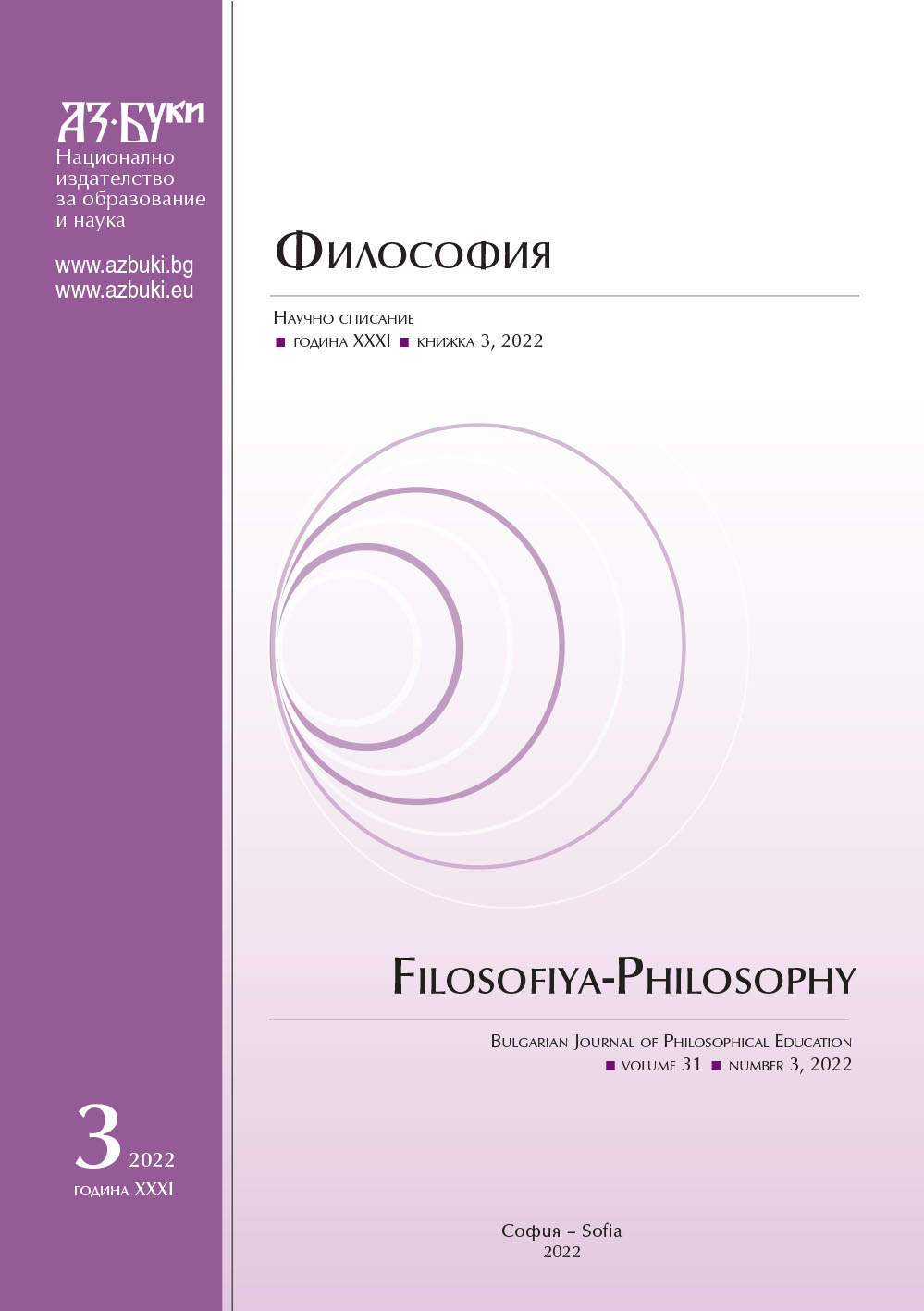From Critique of Mass Culture to Culture: Modernity and Arendt’s Political Aesthetics
From Critique of Mass Culture to Culture: Modernity and Arendt’s Political Aesthetics
Author(s): Tengiz TsimnaridzeSubject(s): Politics / Political Sciences, Philosophy, Social Sciences, Education, History of Philosophy, Philosophical Traditions, Ethics / Practical Philosophy, Aesthetics, Political Philosophy, Social Philosophy, Political Theory, Sociology, Contemporary Philosophy, Existentialism, Politics and society, Vocational Education, Crowd Psychology: Mass phenomena and political interactions, Sociology of Culture, Sociology of Politics
Published by: Национално издателство за образование и наука „Аз-буки“
Keywords: Arendt; Kant; modernity; culture; society; mass society; mass culture; politics; works of art; beauty; taste judgment
Summary/Abstract: In this article, I intend to discuss the Arendtian conception of culture. In her influential essay “Crisis in Culture: Its Social and Its Political Significance,” Arendt argues that culture is at risk of disappearing under conditions of modernity. In her view, modernity is the age of mass society that leads to the destruction of culture and the development of mass culture. This is the situation Arendt has in mind when she speaks of a “crisis in culture,” a situation she describes as worldlessness. Culture, according to her, is a phenomenon of the world. Because of this conviction, argues Arendt, culture has a closer relationship to politics. The article is divided into two parts. In the first part, I explore Arendt's critical reflection on the modern attitude to culture. In the second part, I examine her analysis of the relationship between culture and politics. Throughout these parts, I suggest a reading of Arendt that illustrates her understanding of culture based on the authority of Greek and Roman thought and Kant’s Critique of Judgment.
Journal: Философия
- Issue Year: 31/2022
- Issue No: 3
- Page Range: 231-238
- Page Count: 8
- Language: English
- Content File-PDF

